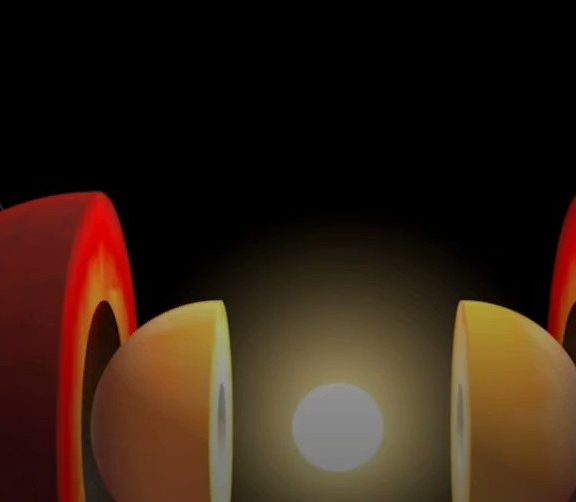 The idea of learning science in African indigenous languages is gaining traction as a means of promoting science education and preserving cultural heritage. In many African countries, students are taught science subjects in colonial languages such as English, French, and Portuguese. This approach can create a language barrier for students who are not fluent in the language of instruction, which can negatively impact their understanding of scientific concepts and limit their opportunities to pursue careers in science.
The idea of learning science in African indigenous languages is gaining traction as a means of promoting science education and preserving cultural heritage. In many African countries, students are taught science subjects in colonial languages such as English, French, and Portuguese. This approach can create a language barrier for students who are not fluent in the language of instruction, which can negatively impact their understanding of scientific concepts and limit their opportunities to pursue careers in science.
By teaching science in African indigenous languages, students can better understand scientific concepts and relate them to their everyday experiences. This approach also helps to promote cultural diversity and preserve indigenous knowledge systems, which are often intertwined with scientific knowledge.
However, there are challenges to implementing this approach, including a lack of teaching materials in African indigenous languages and the need to develop specialized scientific terminology in these languages. Additionally, there may be resistance to this approach from some members of the scientific community who view colonial languages as the standard for scientific communication.
Despite these challenges, there are examples of successful programs that have implemented this approach. For example, the African Storybook Project has created a collection of children’s books in various African indigenous languages, including science-themed books, which are freely available online. The organization also offers teacher training programs to help educators teach science in these languages.
